UC Well
The mission of UC Well is to cultivate a culture of well-being across the organization through education, connection, and positive interactions.
The mission of UC Well is to cultivate a culture of well-being across the organization through education, connection, and positive interactions.
UC Well Programming strategy consists of 4 components.

A sense of happiness or meaningfulness, self-worth, self-efficacy, and satisfaction at work

Comprehensive services tailored to the unique needs of physicians and their physical, mental, and emotional wellness

A sense of companionship and cooperation between colleagues who share responsibility

Helping to reduce EHR, administrative, and operational burdens and quality/safety
The University of Chicago Academy of Clinical Excellence (ACE) honors outstanding healthcare professionals who exemplify the highest standards of medical practice. Recognized for their expertise, clinical acumen, and compassionate care, these leaders inspire peers and set the standard for excellence in medicine. New fellows are inducted annually.
Fuad Baroody, MD
Gini Fleming, MD
Brian S. Funaki, MD
John Gnezda, PA-C
Lawrence J. Gottlieb, MD
Catherine Harth, MD
Daniel J. Haraf, MD
Seenu M. Hariprasad, MD
Rex C. Haydon, MD, PhD
Javad Hekmat-panah, MD
John Hart, MD
Nora T. Jaskowiak, MD
Keriann Kordas, MSN, APN
James W. Mitchell, MD
Mark Myren, PA-C
Michael F. O'Connor, MD
Annemarie O’Connor, MSN, RN, FNP-BC, CBRN
Aytekin Oto, MD, MBA
Bansari Patel, DNP, ACHPN
Mitchell C. Posner, MD
Helene Rubeiz, MD
Carol E. Semrad, MD
Wendy Stock, MD
Debra Stulberg, MD
Daniel Yohanna, MD
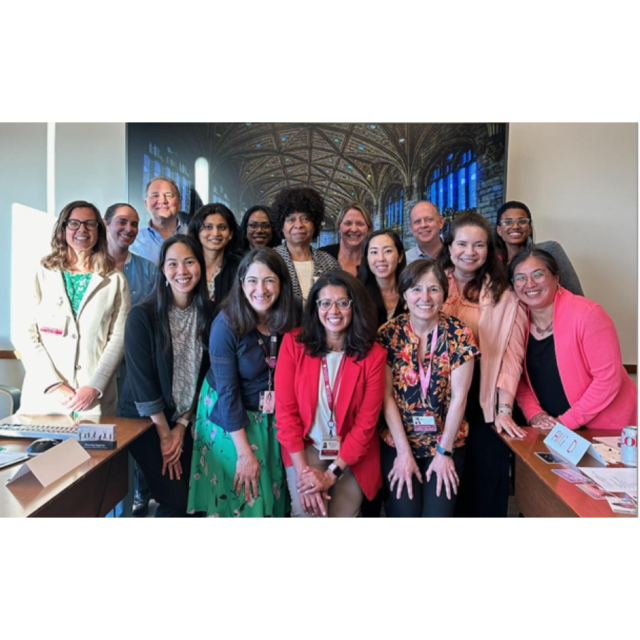
UC Well is now offering faculty peer coaches to enhance professional fulfillment and wellbeing. Our faculty physician peer coaches are dedicated to helping colleagues achieve their professional goals and improve their overall wellbeing through a supportive and collaborative coaching experience.
Our Peer Coaching program is designed to support junior and mid-career faculty as they navigate their career paths in a complex, dynamic, and occasionally challenging environment. Coaches will help set goals, pinpoint obstacles and opportunities, and explore viable solutions, all while prioritizing wellness.
UC Well has sponsored the training of 14 Peer Coaches, each receiving over 24 hours of training from Sandy Scott, an International Coaching Federation certified Master Coach. Coachees will be paired with a trained Peer Coach and receive 5 sessions over 6 months, matched based on professional goals and availability.
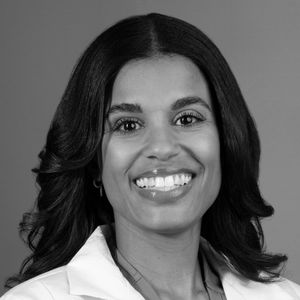
Alexis Warren
Assistant Professor of Ophthalmology and Visual Science
I became a peer coach to provide a safe space for my colleagues to grow and learn. In turn, we create a community of leaders and a culture rooted in authenticity and meaningful change.
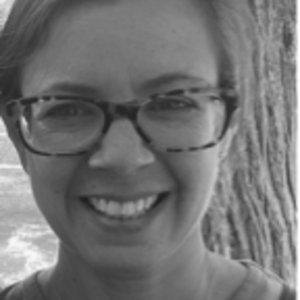
Andrea Nath Shogan
Associate Professor of Surgery
I wanted to pursue peer coaching in order to improve my abilities fostering growth in both myself and trainees. I have learned different techniques and active listening skills that have been useful when working with trainees and medical students.

Fabiana Araujo, PhD
Assistant Professor of Adult Psychiatry
Throughout my career in clinical psychology, I have cared for and treated a disproportionally high number of healthcare workers. As a therapist, I knew that if they had had access to preventative resources, the great majority of them would not have needed my professional help. Thus, becoming a coach is my way of disseminating these resources and helping my colleagues to 1) dismantle unproductive cognitive traps, 2) nurture psychological resourcefulness, and 3) empower them to reach their goals.

Hiba Haider
Associate Professor of Neurology
I became a peer coach because I believe that the journey is so much more than the destination. Coaching will equip you with the tools to craft your own path, overcome setbacks and keep moving forward – while having fun. Let’s talk!

Ronald N. Cohen, MD
Professor of Medicine
Committee on Molecular Metabolism and Nutrition
I became a peer coach since I enjoy working with other faculty to help make the University of Chicago a vibrant and supportive place to work.
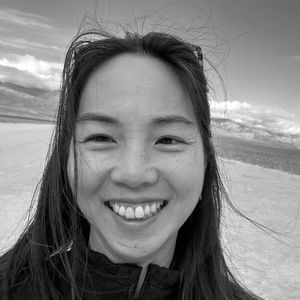
Neda Laiteerapong
Associate Professor of Medicine
Being a physician is a noble endeavor and there isn’t enough joy in the day-to-day. I became a Peer Coach because I love helping people realize their dreams and actualize them.
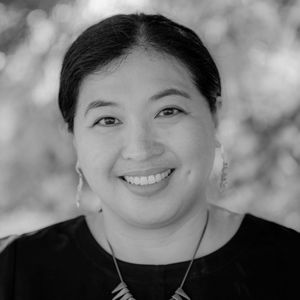
Weiwei Lee
Professor of Medicine
As a peer coach, I look forward to collaborating with colleagues to help them align their personal and professional goals with their values and enrich their sense of joy and fulfillment in their work.

Doriane Miller, MD
Vice Dean for Community/Divisional Values
Professor of Medicine
I decided to become a peer coach so I could be a better mentor and sponsor for the people I work with. Training to be a peer coach has given me a set of listening and framing skills that are usable in a myriad of environments.
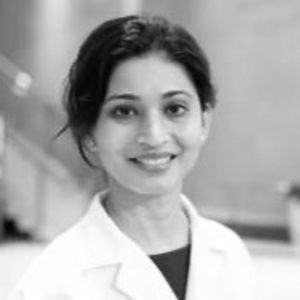
Yasmin Hasan
Associate Professor of Radiation and Cellular Oncology
I became a peer coach to work with colleagues to explore challenges and grow. Sharing perspectives and building stronger peer relationships will help us as individuals and also the foster a healthy work environment. I look forward to meeting co-workers in this invaluable endeavor.
I want to be an approachable resource to help prevent burnout and assist those already struggling. I want to help improve the culture of collegiality and support well-being at UChicago.
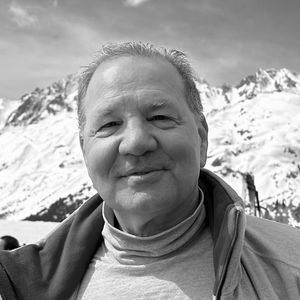
Martin Herman
Assistant Professor of Neurological Surgery
I was interested in Career Coaching because I survived the travails of more than two decades of a neurosurgical career, with hopes to learn and share strategies to flourish.
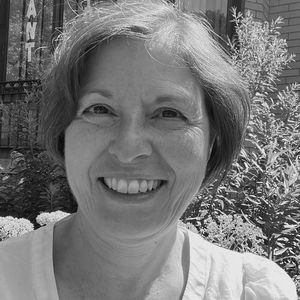
Lisa Vinci
Professor of Medicine
I became a peer coach to learn coaching skills that would enable me to support junior colleague through challenging situations and decisions. Academic physicians work incredibly hard to care for patients, teach, and generate new knowledge. They deserve to feel fulfillment, and a sense of agency over their lives. I firmly believe we can all have impactful and fulfilling careers while maintaining wellness and a sense of joy.

Allison Dalton, MD
Associate Professor SOM of Anesthesia and Critical Care

Melissa Tesher, MD
Associate Professor of Pediatrics
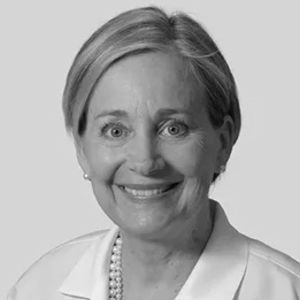
Anne McCall
The #WhatToFix program is a single point of contact for clinicians and teams to advance fixable challenges for prioritization and resolution. You can nominate ways to ease your local practice by simply typing “What to fix” into the ServiceNow search engine (see below) or click the link HERE.

Starting October 31, 2023, Faculty can enjoy a free meal Tuesdays, Wednesdays, and Fridays at our two designated locations:
CCD Physician Lounge 7th Floor 7-190 (NW corner of staff area)
Comer Faculty Lounge 1st floor K-140 (Near Comer ED)
| Monday | Tuesday | Wednesday | Thursday | Friday |
| Breakfast 8:00AM* | Lunch 11:30AM* | Lunch 11:30AM* |
While supplies last*
Our small grants program offers $100-500 to contribute to local wellness initiatives.
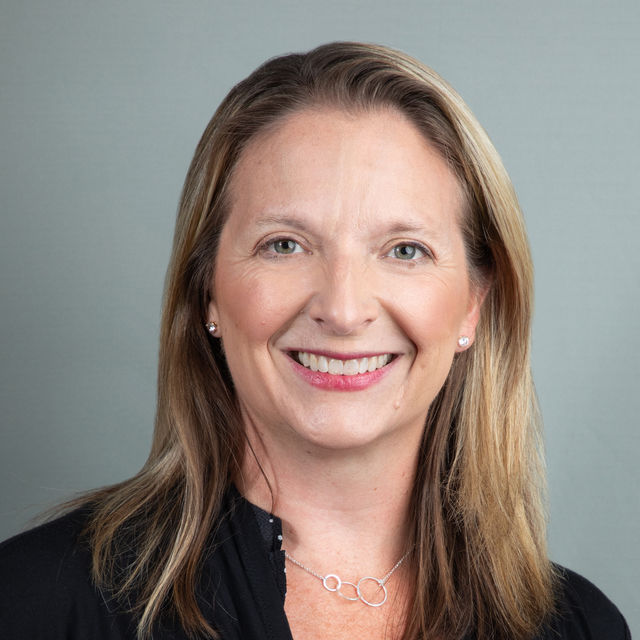
Bree Andrews, MD, MPH, Associate Professor of Pediatrics, is the inaugural Chief Wellness and Vitality Officer for Physicians for the Biological Sciences Division and the University of Chicago Medicine, charged with assessing the state of wellness in the organization and implementing programs that will improve ease of practice, collegiality, and resilience.
Dr. Andrews’ team include Well-Being Directors, who lead departmental activity related to the engagement and well-being of clinical faculty, and program manager, who helps to develop and implement initiatives/programs centered around well-being.
This team was brought together by department leadership and faculty who want to impact well-being across the organization.
Well-Being Directors:
Dr. Allison Dalton – Anesthesia
Dr. Lisa Vinci– Medicine
Dr. Hiba Haider– Neurology
Dr. Martin Herman– Neurosurgery
Dr. Alexis Warren– Ophthalmology and Visual Science
Dr. Lindsay Alpert– Pathology
Dr. Grace Mak– Surgery
Dr. Ahmed Hamimi– Radiology
Dr. Yasmin Hasan & Dr. John Kimball– Radiation Oncology
Dr. Nicholas Maassen– Orthopedic Surgery
Dr. Melissa Tesher & Dr. Tomas Munoz– Pediatrics
Dr. Josephine Kim– Obstetrics and Gynecology
Dr. Bryan Hendrickson– Family Medicine
Dr. Fabiana Araujo & Dr. Zahra Aftab– Psychiatry